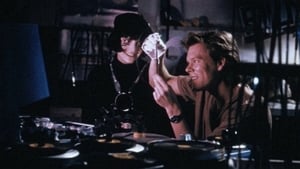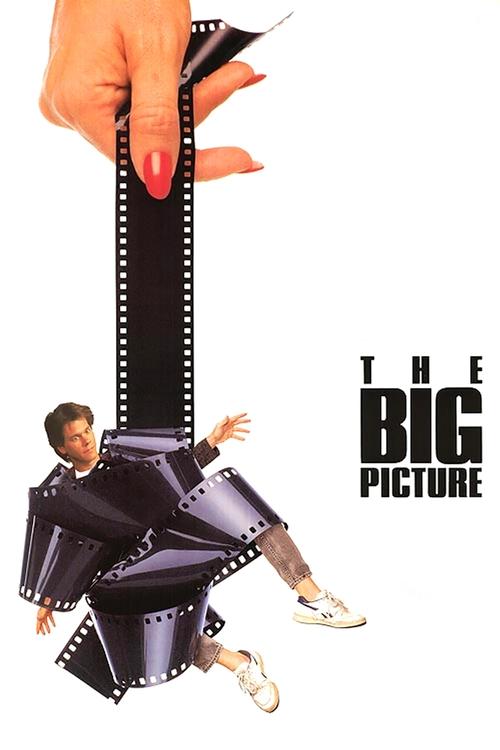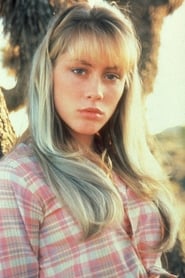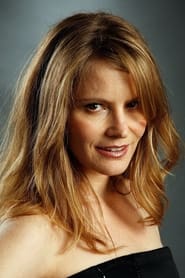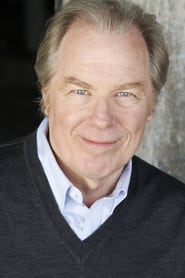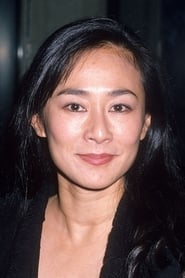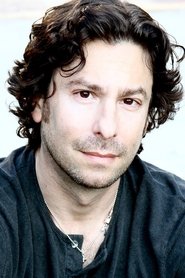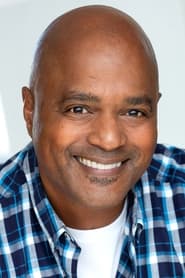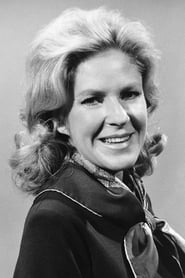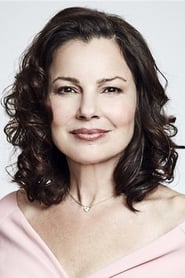Cast
View AllKevin Bacon
as Nick Chapman
Emily Longstreth
as Susan Rawlings
J. T. Walsh
as Allen Habel
Jennifer Jason Leigh
as Lydia Johnson
Michael McKean
as Emmet Sumner
Kim Miyori
as Jenny Sumner
Teri Hatcher
as Gretchen
Dan Schneider
as Jonathan Tristan-Bennet
Jason Gould
as Carl Manknik
Tracy Brooks Swope
as Lori Pressman
Don Franklin
as Todd Marvin
Gary Kroeger
as Mark
Alice Hirson
as Mrs. Chapman
Grant Owens
as Mr. Chapman
Fran Drescher
as Polo Habel
Crew
Director
- Christopher Guest
Producer
- Michael Varhol
Reviews
Wuchak
**_Satire on Hollywood and the filmmaking process with Kevin Bacon_**
After a film student from Ohio (Bacon) wins an award for his short movie at the film institute in Los Angeles, he has to carefully traverse the minefield of the system to get his artistic vision made. JT Walsh plays a manipulative producer and Martin Short a dubious agent.
“The Big Picture” (1989) is an amusing look at the moviemaking process in Hollywood. The humor is mostly droll or quirky and viewers not up on the business might not relate to some of it, which could explain why the flick flopped at the box office. I wouldn’t want to blow time & money on seeing it at the theater, but it works well enough for home viewing on a quiet night or whatever.
Winsome Emily Longstreth stands out on the feminine front as the protagonist’s girlfriend, Susan. She was a minor female sensation at the time who worked with the likes of Johnny Depp, Brad Pitt, Rob Morrow, Molly Ringwald and James Spader, but she left acting entirely by the early 90s, reportedly falling into substance abuse, mental illness, and living in homeless shelters. It’s rumored she died in early 2015, but factual info is hard to find so I can’t verify this.
Teri Hatcher is notable as wannabe starlet Gretchen; it was her movie debut. Meanwhile Jennifer Jason Leigh is on hand as hipster Lydia while Fran Drescher shows up as the producer’s wife, Polo.
The film runs 1 hour, 40 minutes, and was shot in the Los Angeles area.
GRADE: B-
Apr 10, 2024
Thematic Analysis
As a dramatic work, The Big Picture examines complex human relationships and emotional struggles against the backdrop of a period setting that reflects societal issues of its time. The character development particularly stands out, offering viewers a chance to reflect on their own life journeys.
Director Christopher Guest brings their distinctive visual style to this film, continuing their exploration of themes seen in their previous works while adding new elements. Their approach to character development and emotional depth creates a viewing experience that rewards close attention.
Released in 1989, the film exists within a cultural context that now offers viewers historical perspective on the social issues of that era. Its reception demonstrates the diverse reactions to its artistic choices and its place in cinema history.
Did You Know?
- The production of The Big Picture took approximately 6 months from pre-production to final cut.
- With a budget of $5.0 million, the film represented a significant investment in bringing this story to the screen.
- The final cut of the film runs for 100 minutes, though the director's initial assembly was reportedly 147 minutes long.
- The costume department created over 261 unique costume pieces for the production.
- The director insisted on using practical effects whenever possible, reserving CGI for only the most necessary scenes.
- Several scenes were filmed in multiple locations to capture the perfect setting.
Historical Context
- In 1989, when this film was released:
- MTV launched, changing how music was marketed and consumed.
- The Cold War was entering its final phase.
- Independent cinema was growing in influence, challenging the dominance of major studios.
How This Film Stands Out
While The Big Picture shares thematic elements with other films in its genre, it distinguishes itself through its unique approach to storytelling, visual style, and character development.
Unlike All About Eve, which focuses more on action than character development, The Big Picture subverts genre expectations by exploring its themes with greater nuance.
While films like Finding Forrester and Four Weddings and a Funeral explore similar territory, The Big Picture stands apart through its deeper exploration of its central themes and more complex characterization.
This film's unique contribution to cinema lies in its bold artistic choices and willingness to challenge viewer expectations, making it a valuable addition to its genre.
Details
- Release Date: September 15, 1989
- Runtime: 1h 40m
- Budget: $5,000,000
- Revenue: $117,463
